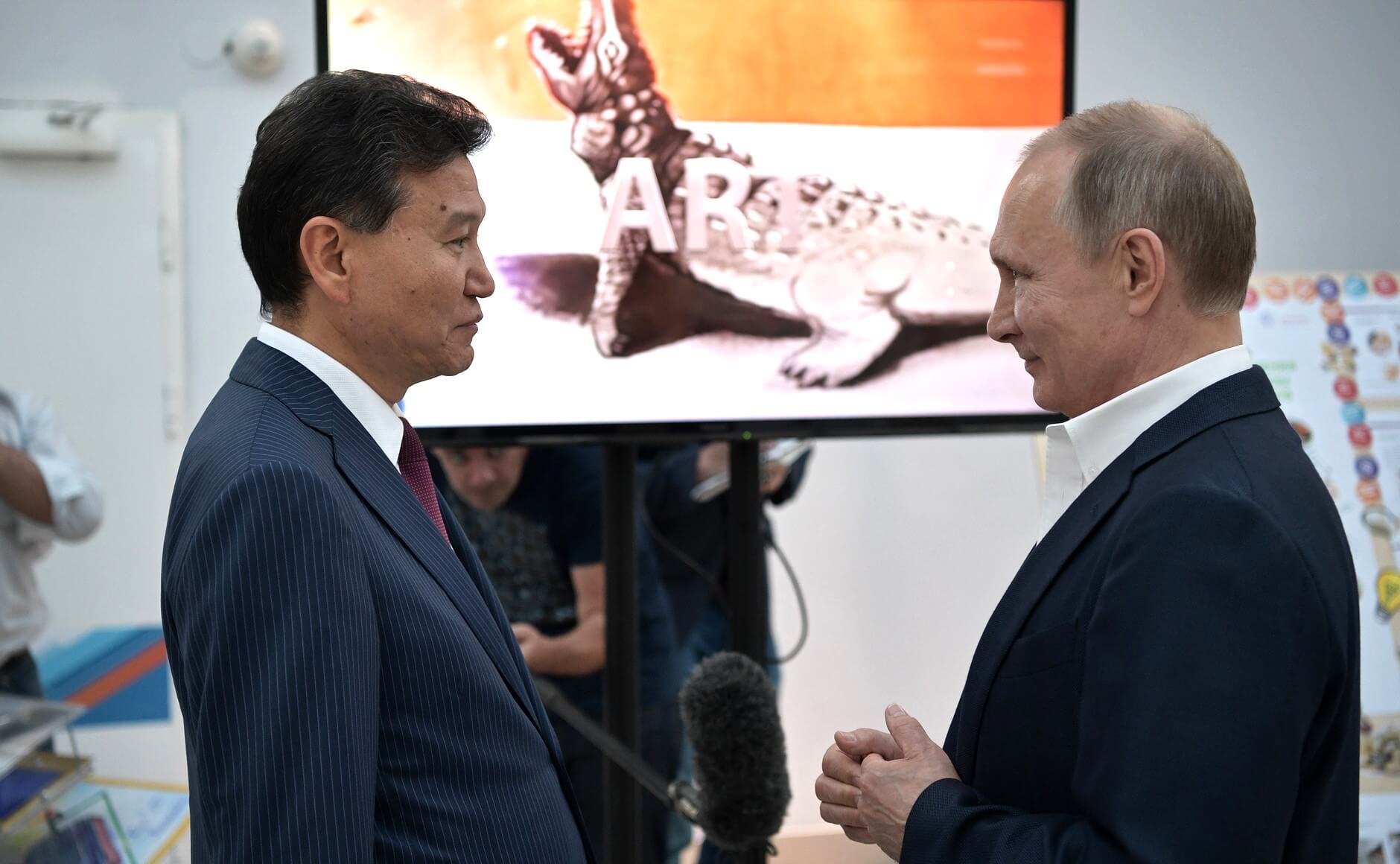The Chess Files
The answers are out there.
By Jim Eade
Do we need Chess Governing Bodies?
The answer is: It depends. We must first define our terms. What do we mean by Governing Bodies? In the United States, the National Governing Body is the USCF. Internationally, the World Chess Governing Body is FIDE. I have served on the Boards of both organizations, and I can say, with some degree of certainty, that neither are necessary.
These organizations tend to be dominated by a few at the expense of the many. This is true of these types of organizations more often than not. Another question that needs to be answered is: Do these organizations provide essential services. The answer would seem to be a resounding: Of Course!
I think it is worth digging a little deeper into that question. What services, and are these organizations the only way of ensuring that these services are provided? These organizations can obviously be replaced. It may not be trivial, but it is simple to think of other ways of providing these services.
One of these services is the rating systems. Many organizations provide rating services. So, that is not a stumbling block by any means. Would these rating systems be as stable and valid? That depends. More chess is being played online than over the board these days, and the opportunity to cheat online is greater. Anti-cheating mechanisms are in place and enforcement has not proven to be terribly difficult in terms of cheating by way of engines. What about a stronger player playing while using a weaker player’s handle? That is more difficult to detect, but it is not impossible. For serious competitions or matches, a certified monitor can be physically present. That leads us to the next service.
How would you provide certification? In match play, this could be as simple as agreeing on who both players trust to act in an independent manner. These people would be onsite and would certify that the results were obtained in a legitimate manner. Other levels of certification can be established and agreed to by all parties involved. Less serious competitions may be open to abuse, but handled by the organizer, as the organizer sees fit. If players, do not like the way an organizer handles these matters, they can vote with their feet and play only where they feel they are getting a fair deal.
This really comes down to organizers. In the USCF, a small group of organizers can outbid or outdraw smaller organizers, leading to monopolies that stifle competition. On the Internet, this is not such a problem. People can organize online competitions as they see fit. Players can play or not play has they like. It seems a far more legitimate way of opening up the playing field.
Another service is dispute resolution. There is a Darwinian aspect to this. Players will not play in events organized by those who cannot resolve disputes objectively and fairly.
What about titles? Kasparov made it clear to the world that the best chess player did not need to be recognized by FIDE. I would submit that the titles handed out by the various organizers will be seen as legitimate or illegitimate by popular opinion.
Now, National and World Governing bodies are necessary in terms of Olympic competitions. Is chess ever going to be in the Olympics? It seems that the Olympic bodies are trying to cut back on rather than add to the number of competitive events included in the Olympic competitions. The prospect of adding chess to the Olympics seems grim. Chess organizers could put on a reasonable facsimile of these types of competitions, and their legitimacy would be weighed by popular opinion.
The answers always seem to come back to the organizers. Let’s allow organizers to compete for players and for legitimacy. Perhaps, it is time that the governing bodies get out of the way.
You can send your chess questions and answers to me at jimeade@eadefoundation.org

